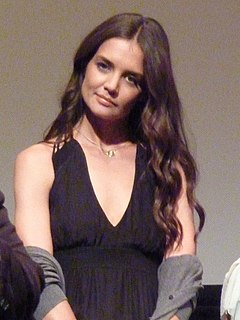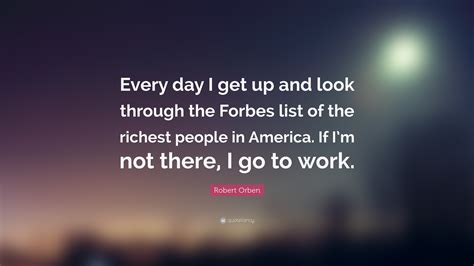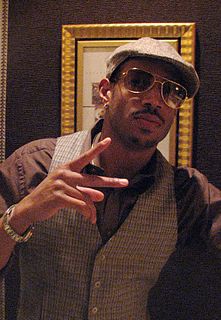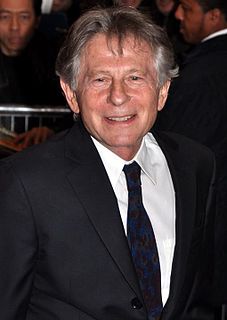A Quote by Sylvester McCoy
On stage you look much larger than you are. You can have subtle changes of timing; how you place a punch line in a joke or movement or emotion according to an audience.
Related Quotes
It always seems to someone outside the business that it is very difficult to write for a comedy show because it must be done quickly. Actually, it is much easier to write this humor than to do a joke or a show from scratch, because the audience knows the plot. Just mention what is going on and then deliver the punch line.
I definitely prefer the single camera better. For me it's the simple fact that I enjoy working in front of an audience, but when you're trying to create a suspension of disbelief it's much harder to do in front of audience because they become a partner. Moreso than that, they become in charge of the timing. From the simple, mechanical fact that you have to hold for their laughter. The actual timing of the scene is in the hands of the audience. As a control freak, I don't enjoy that as much as the ability to be able to control it in an edit room.
You learn timing on the road. You learn structure and how to read an audience. You learn so much about the business of laughter that you can't learn on a set, because it's all on you. Sometimes you bomb, and you know not to tell that joke again... You just hope people find the humor in the awkwardness.


































